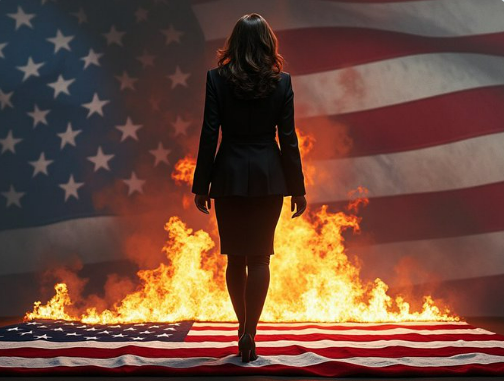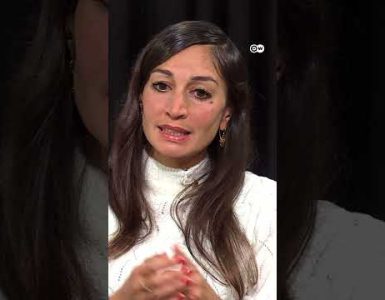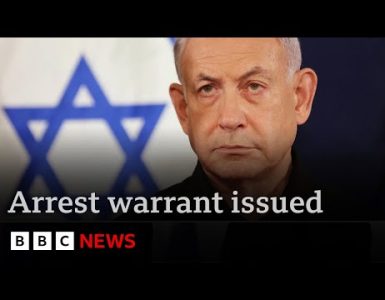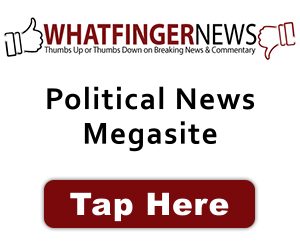Jimmy Kimmel instructs viewers that if they’re voting for Trump they should vote late like Thursday or Friday. Wasn’t Douglass Mackey sentenced to prison for doing something similar? Jimmy Kimmel tells Trump voters “Vote very late. Do your voting on Thursday or maybe Friday.” Should we expect an indictment from the Eastern District of New York which aggressively prosecuted @DougMackeyCase for a similar joke posted to Twitter?
Jimmy Kimmel tells Trump voters “Vote very late. Do your voting on Thursday or maybe Friday.”
Should we expect an indictment from the Eastern District of New York which aggressively prosecuted @DougMackeyCase for a similar joke posted to Twitter?pic.twitter.com/SNUBa4orU3
— Jake Lloyd Colglazier (@ColglazierTX) October 31, 2024
Douglass Mackey was sentenced to 7 months in prison, fined $15K for posting a meme on X Vote for Hillary from home Jimmy Kimmel ~if you wanna vote for Trump, vote late Who else thinks Kimmel has to face the same punishment, or Mackey can sue the DOJ
How DISGUSTINGLY political is our Marxist run DOJ? Well – Tucker tackled it… Ep. 38 The First Amendment is done. Douglass Mackey is about to go to prison for mocking Hillary Clinton on the internet. We talked to him right before his sentencing. Remember as you watch that this could be you.
Ep. 38 The First Amendment is done. Douglass Mackey is about to go to prison for mocking Hillary Clinton on the internet. We talked to him right before his sentencing. Remember as you watch that this could be you.
TIMESTAMPS:
(3:12) The Hillary Clinton meme
(4:20) Hillary’s… pic.twitter.com/MLwz2SboGr— Tucker Carlson (@TuckerCarlson) November 9, 2023
- Jimmy Kimmel recently told Trump supporters to vote late, suggesting they cast ballots on Thursday or Friday after Election Day.
- This act is compared to previous cases that led to legal action for election interference.
- In 2016, influencer Douglass Mackey was charged for posting a meme encouraging Clinton supporters to vote via text.
- Mackey’s actions were ruled by the DOJ as an attempt to suppress voters’ rights.
- Kimmel’s remarks could potentially be seen as a similar form of voter suppression.
- The incident raises questions on equal enforcement of election interference laws.
- DOJ has historically pursued charges for actions believed to mislead voters on how to cast ballots.
- The article suggests Kimmel’s public status shouldn’t shield him from scrutiny.
- This case touches on whether political comedy can cross into illegal interference.
- Mackey faced charges despite arguing it was a joke, as Kimmel may claim.
- Equal treatment under the law is argued to require an investigation into Kimmel’s remarks.
- Kimmel’s influence as a prominent media figure is noted, potentially affecting public perception.
- Kimmel’s comments are framed as part of a broader issue on election law fairness.
- The incident brings renewed focus on the boundaries between humor and voter influence.









Add comment